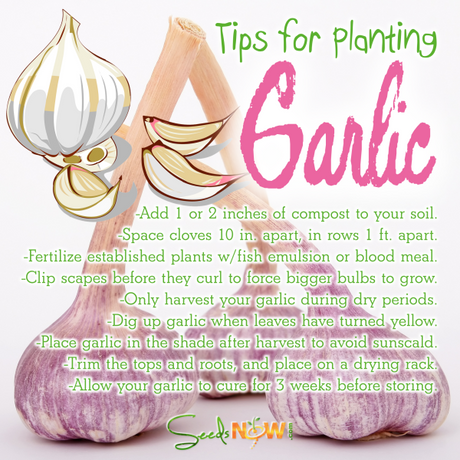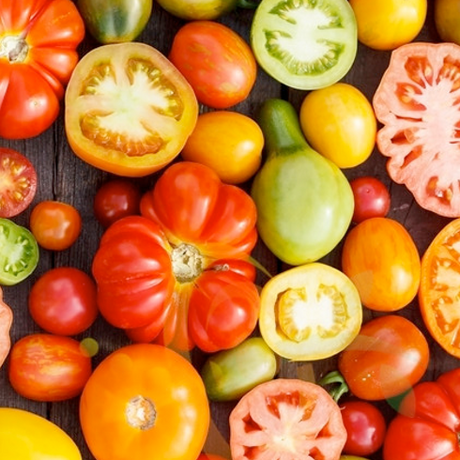|
About Lettuce
Lettuce can be grown practically anywhere. Lettuce it is a cool-season vegetable, with an ideal temperature of 50-60 degrees. It does poorly in hot weather, and is tolerant to some frost and light freezes. The leafy types mature quickly and are more suited for warm climates. Cos is also more heat tolerant. It will prefer a little shade during the warmer part of the season. It can be grown year round with proper varieties, and some additional winter protection. Lettuce will generally grow best in the spring and fall seasons.
Lettuce doesn't do well in very acidic soils, and some say the pH shouldn't be lower than 6.5. A rich, muck "celery" soil is excellent for lettuce, but the crop will also do well in average garden soil. The best crops are grown in soil that is deeply enriched with well-rotted manure and is well-fertilized before planting, especially with high nitrogen (leaf-stimulating) fertilizers such as 10-8-4, cottonseed meal, or blood meal.
Lettuce is about 95 percent water. It develops rapidly if the growing season is cool and moist. Head lettuce forms a tight, compact cabbage head from a dense rosette of leaves. Bibb develops a loose head of broad succulent leaves with superb flavor. Leaf lettuce has loose crispy or curly leaves that develop from a basal growing point. Cos and romaine also develop from a basal growing point, but the leaves are oblong and grow upright.
When to Plant
Early spring in regions where summers are hot, and again in late summer for a fall crop. Head lettuce, especially, requires a long, cool growing season, and seed is usually started 6 weeks ahead. Transplants can be purchased. When sowing leaf lettuce, rows can be made by mixing several varieties. As the crop wanes, a second sowing can be made or else it can wait until late summer, for fall. During hot weather, sow lettuce in partial shade, as it doesn't do well in the heat, and use heat-resistant varieties.
How to Plant
Seed should be sown thinly in rows 1 foot apart; for leaf types, thin plants to 2-3 inches apart, then thin again by pulling every other plant when half grown. This will encourage thickly developed plants. For head, Bibb, and cos types, space rows 18 inches apart, plants 8-10 inches apart. Closer spacing results in smaller heads, which may be preferable for small families. Specialty growers are spacing lettuce very close for selling baby lettuces, a rapidly growing produce market.
|











































